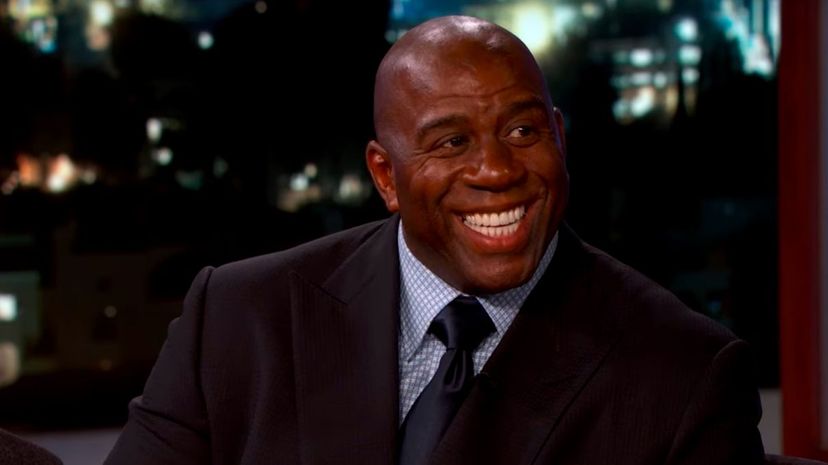
About This Quiz
Ask any NBA player, and they will tell you that the number one thing on their mind is winning an NBA championship. Holding up that trophy is the ultimate indicator of success. But even if counting titles is the primary thing on a player's mind, that doesn't mean the individual accolades don't matter, which is why players also start lobbying for an All-Star spot before the selection process even takes place.Â
Dating back to 1951, the NBA All-Star Game has given the best basketball players in the NBA, and many would argue the world, an opportunity to showcase their skills against one another. Sure, they can go at it one-on-one during the season, but when five superstars are taking on five superstars, it's a whole new level of competition.
Are you familiar with the players who proved they were the cream of the crop when facing off against the best competition the NBA had to offer? Whether it was putting up stats or leading comebacks, these players shined on the court to take home the All-Star Game MVP.
If you believe you can identify all of them, take a shot at this quiz and prove you're an MVP when it comes to NBA knowledge.
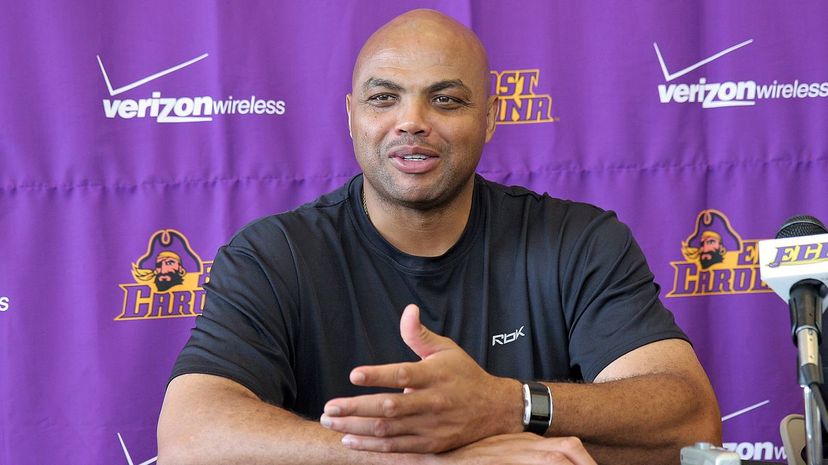
Charles Barkley wasn't able to secure a championship during his 16-year career, but he did earn plenty of individual accolades. Aside from the All-Star Game MVP, Barkley made 11 All-Star NBA Teams and was named the MVP of the league in 1993.
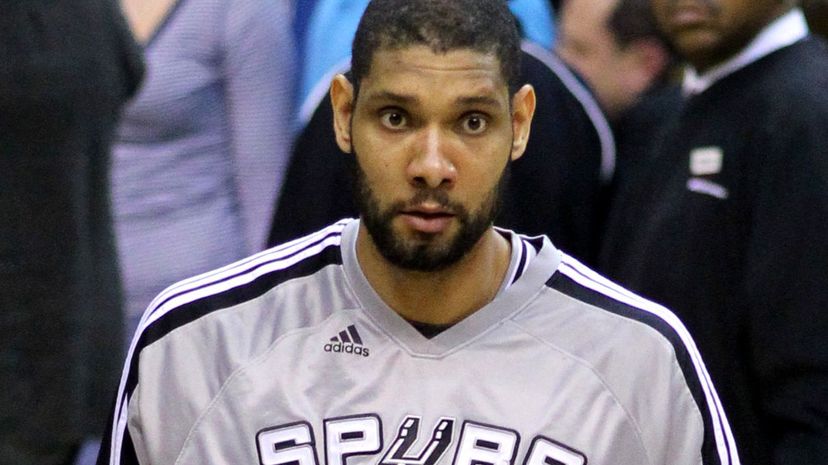
Tim Duncan made the All-Star Game during his rookie season, and in only his second All-Star appearance, he was named the MVP of the game. He wouldn't win another MVP for the game, but he did make 13 more appearances before he retired.
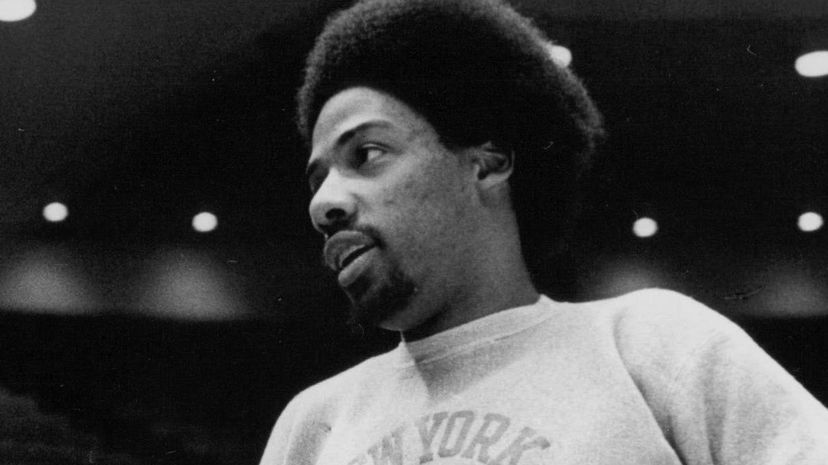
Julius Erving was in his first season with the Philadelphia 76ers, as well as his first season in the NBA, when he won the All-Star Game MVP in 1977. The MVP was a representation of his stellar play throughout the entire season, where he averaged 21.6 points and 8.5 rebounds. Prior to the 1976-77 season, Erving played in the short-lived ABA.
Advertisement
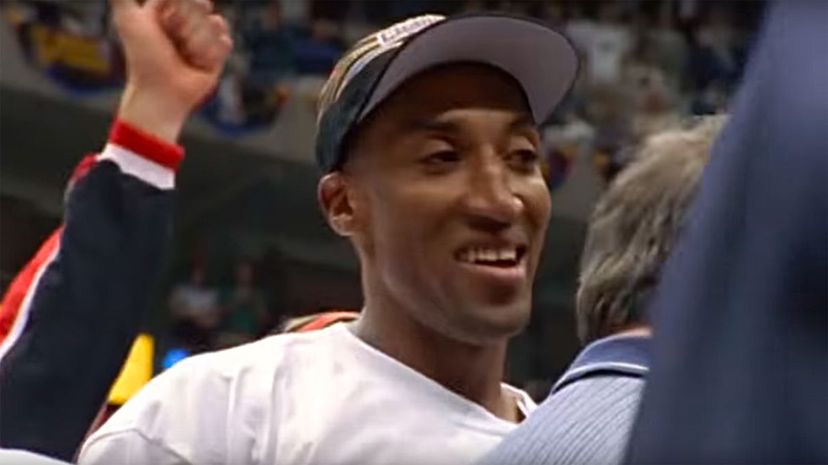
With Michael Jordan in retirement for the first time, Scottie Pippen was left to lead the Chicago Bulls in the 1993-94 season. While the Bulls didn't win a title, Pippen did shine throughout the season, including in the All-Star Game, where he won the MVP.
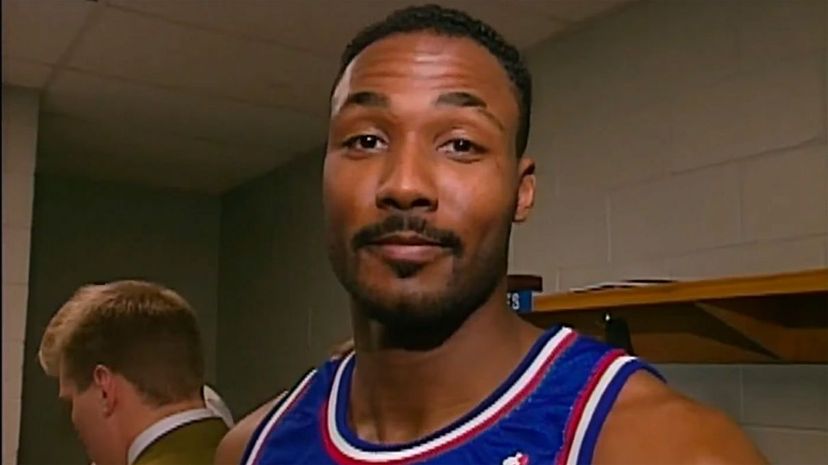
The Western Conference won the 1989 All-Star Game behind the play of not only Karl Malone but also his Jazz teammates, John Stockton and Mark Eaton. The West put up 143 points in the game to defeat the East by nine.
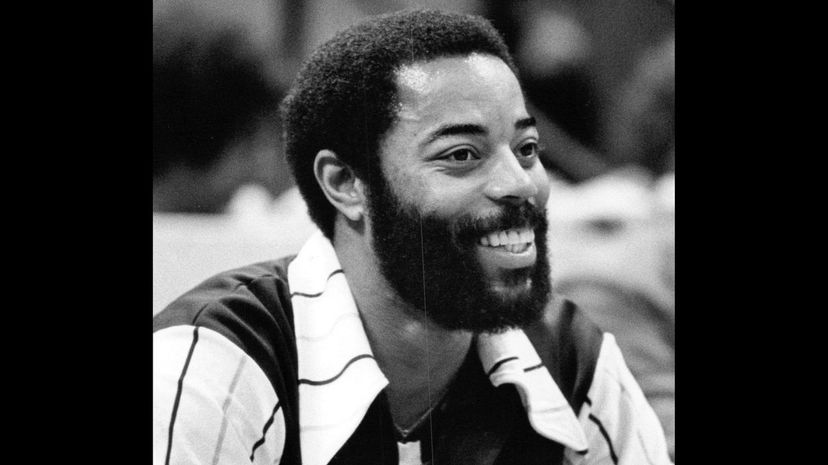
Walt Frazier was one of two players from the New York Knicks to make the 1975 All-Star Team. His teammate, Earl Monroe, put up nine points in the contest, but Frazier outscored everyone on both rosters with 30 points.
Advertisement
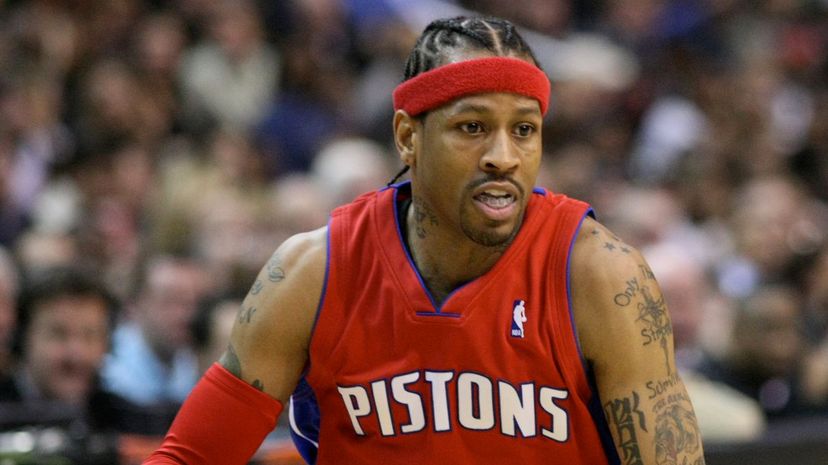
Allen Iverson was known for his lethal crossover dribble, which he used to humiliate opponents more than once in the All-Star Game. However, when he won the 2005 All-Star Game MVP, it was by dishing out 10 assists and sneaking away with five steals.
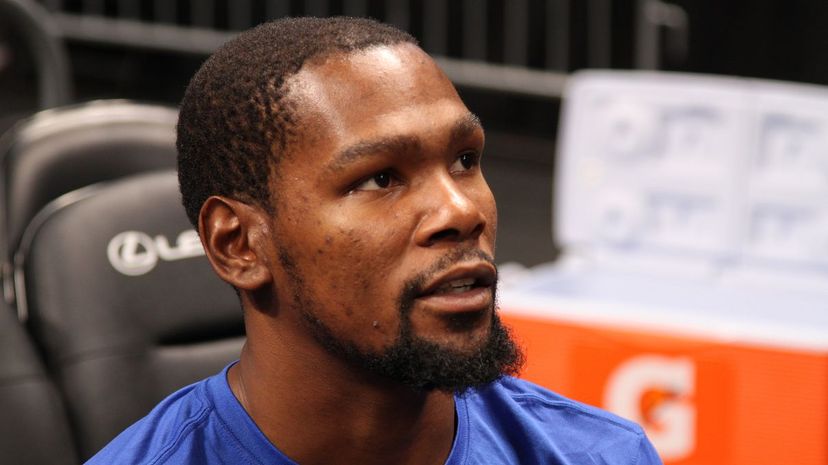
2019 was Kevin Durant's final season with the Golden State Warriors, as he would elect to leave the team for the Brooklyn Nets in the 2019 offseason. Durant was one of three Warriors players to make the All-Star Game that season, along with teammates Steph Curry and Klay Thompson.
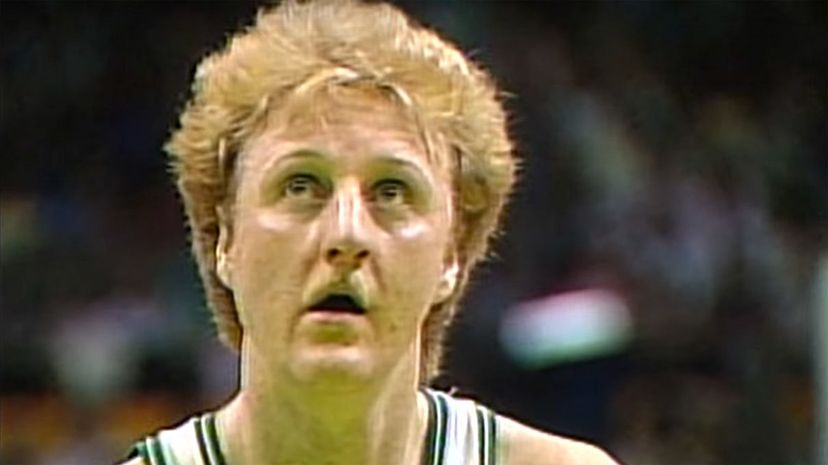
Always a clutch player, Larry Bird put on one such performance in the 1982 All-Star Game. In that game, he scored 12 of the final 15 points for the East, to help the team win the matchup by two points.
Advertisement
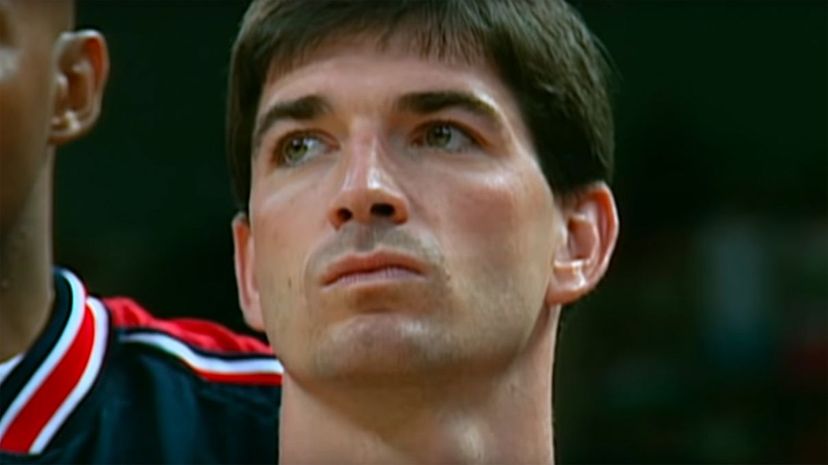
John Stockton dished out 15 assists to take home the All-Star Game MVP in 1993. Luckily, he had his Utah Jazz teammate, Karl Malone, to deliver many of those assists to the basket, finishing the game with 28 points himself.
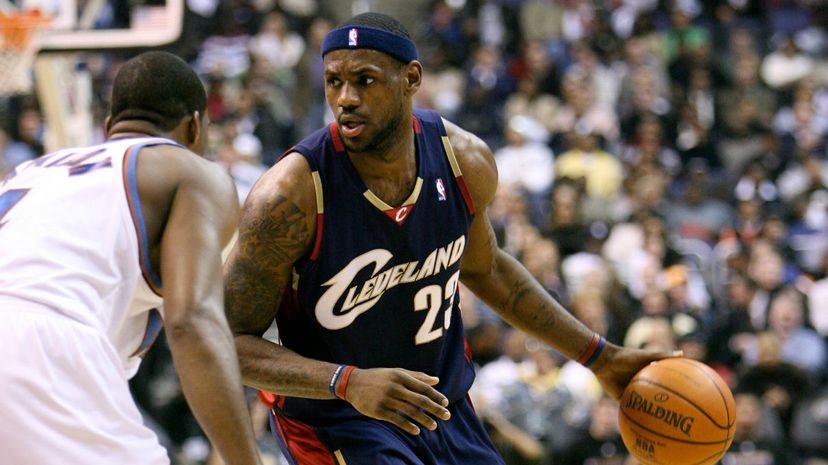
When LeBron James won his first of three All-Star Game MVPs in 2006, he was one of the youngest players to ever win the award, at 24 years old. The game saw LeBron help the East come back from a 21-point deficit to secure the win.
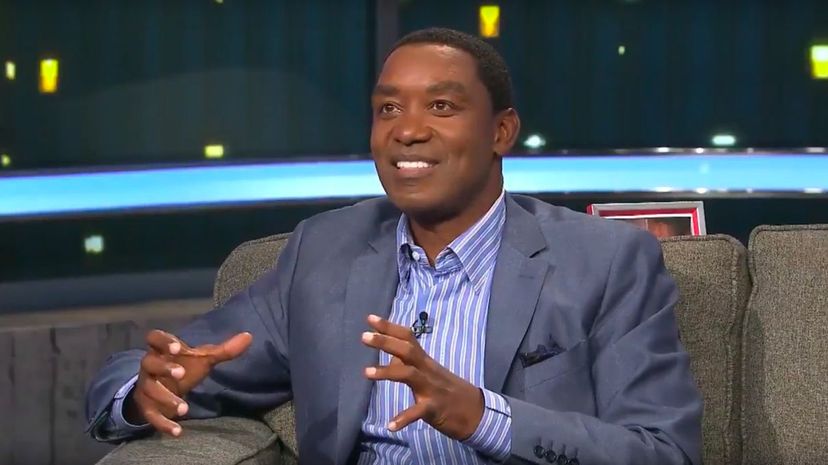
Two elite point guards, Isiah Thomas and Magic Johnson, went back and forth in the 1984 All-Star Game, setting up their teammates with dime passes. Johnson put up a record 22 assists, but Thomas walked away with the victory for the East after dishing out 15 assists, which earned him the MVP.
Advertisement
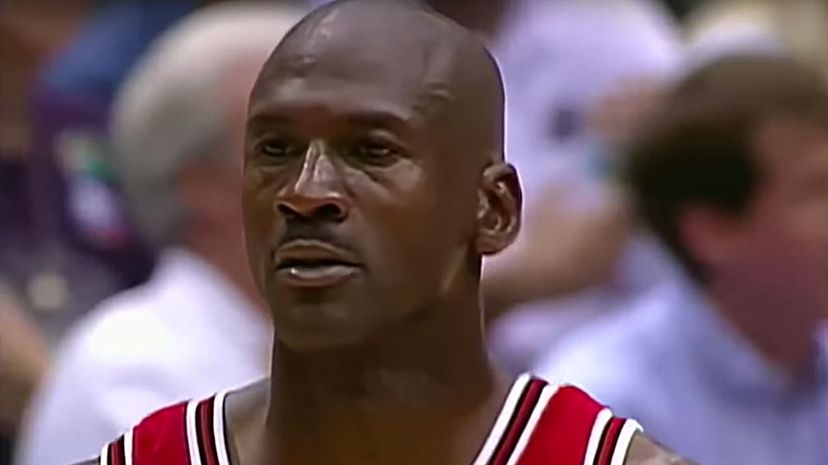
Michael Jordan made the All-Star Game every season he played in the NBA, except in 1994-95, when he only played 17 games after coming out of retirement. Had Jordan played the entire season, he would have definitely been elected, considering he still averaged 26.9 points during the games he played.
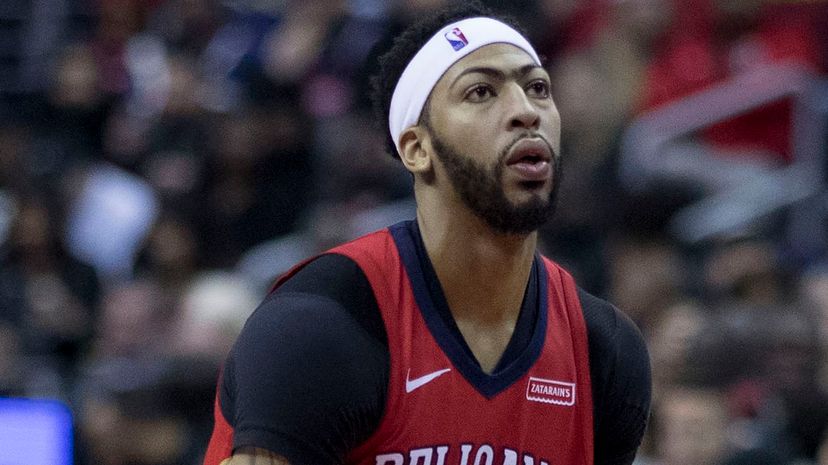
Anthony Davis has made the NBA All-Star Game every season he's been in the NBA except as a rookie, but he was never more dominant than he was in 2017. During the matchup, Davis scored an All-Star Game record 52 points, besting Wilt Chamberlain's previous record of 42.
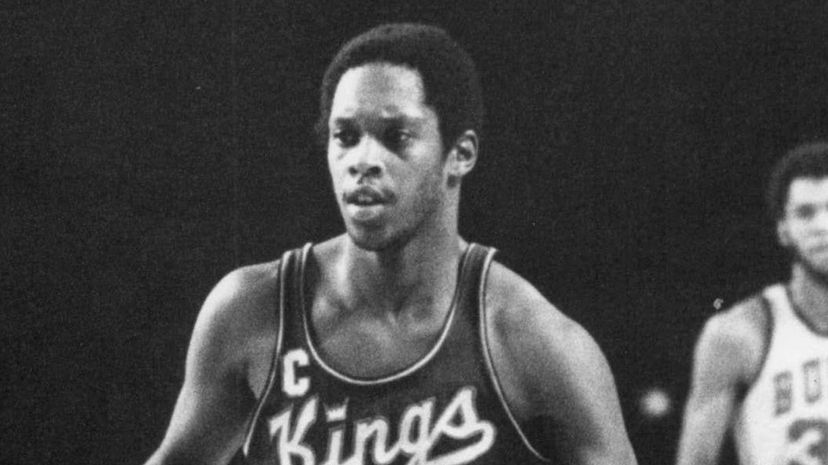
Known for his willingness to get other players involved, Nate Archibald won the 1981 All-Star Game MVP despite only scoring nine points. Archibald did dish out nine assists and grab five rebounds to deliver a balanced performance in the game.
Advertisement
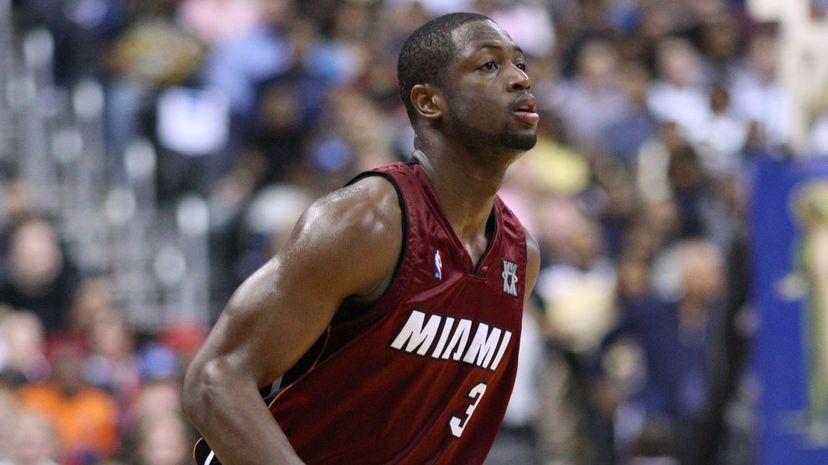
Dwyane Wade won the All-Star Game MVP in the same season that he made his final All-NBA First Team in 2010. Wade was forced to take a step back with the Miami Heat the next season after LeBron James joined the team, though he would win two more championships.
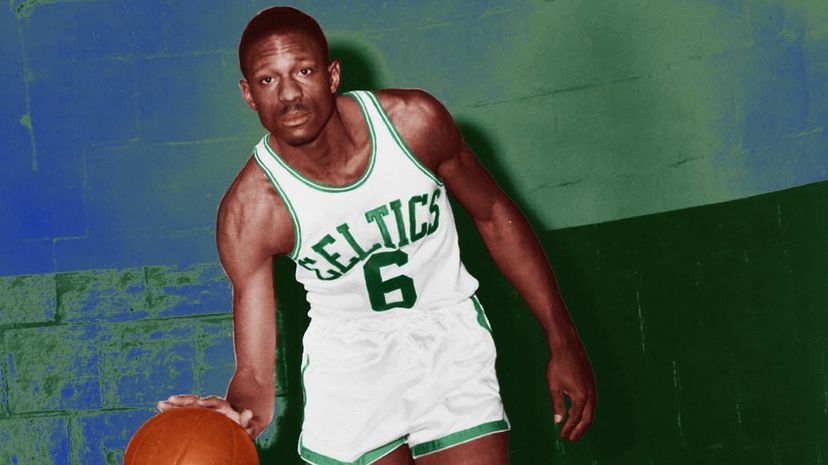
With 11 NBA titles, the most of all time, Bill Russell was the ultimate NBA champion. It's surprising that he only won a single NBA All-Star Game MVP, but he must've had bigger things on his mind.
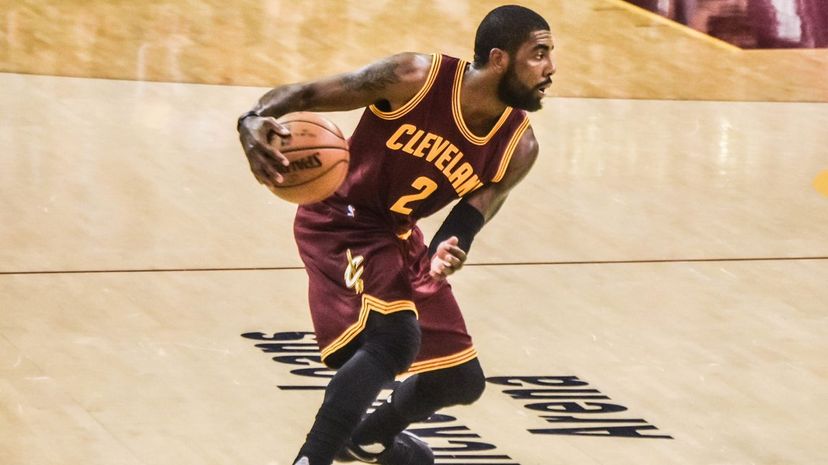
Kyrie Irving was the second-youngest player ever to win the All-Star Game MVP, taking home the award during his second All-Star selection in 2014. Irving's 2013-14 season was a major reason LeBron James decided to return to Cleveland, following the 2014 NBA Finals.
Advertisement
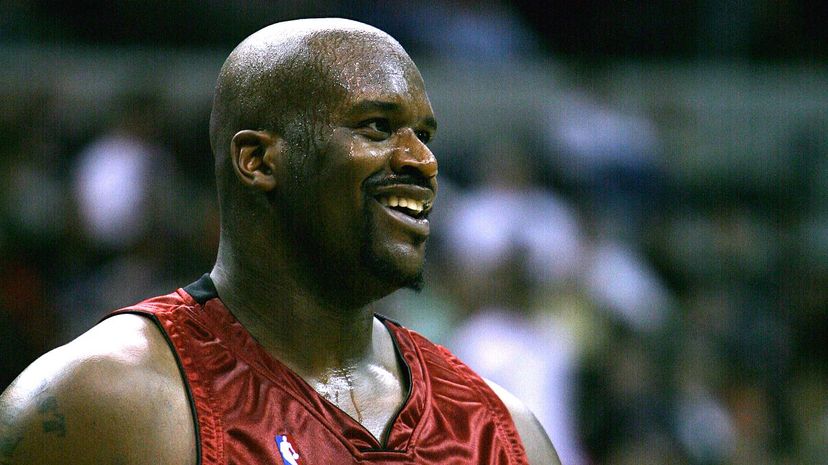
The winner of three All-Star Game MVPs, Shaquille O'Neal is the only player in the history of the game who had to share the award twice. 2004 is the only time he won the award outright by scoring 24 points and pulling down 11 rebounds.
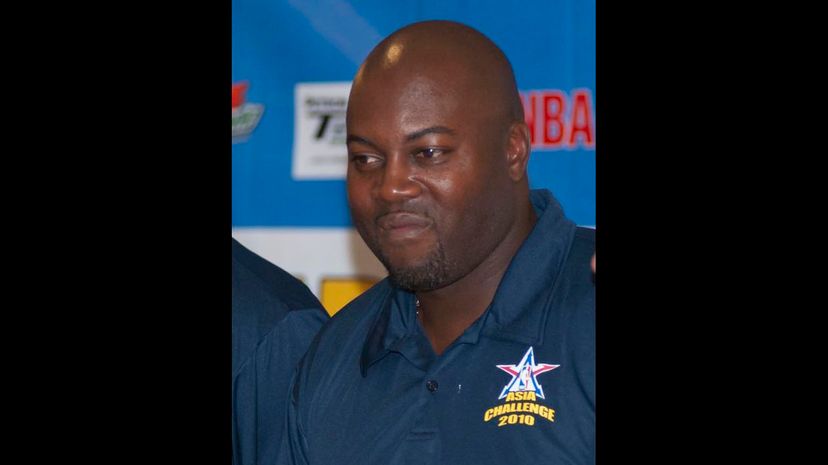
Glen Rice had an incredible performance in the second half of the 1997 NBA All-Star Game. After only scoring two points in the first half, Rice exploded in the third quarter, scoring 20 points. He then added another four points in the fourth quarter, to finish with 26 in all.
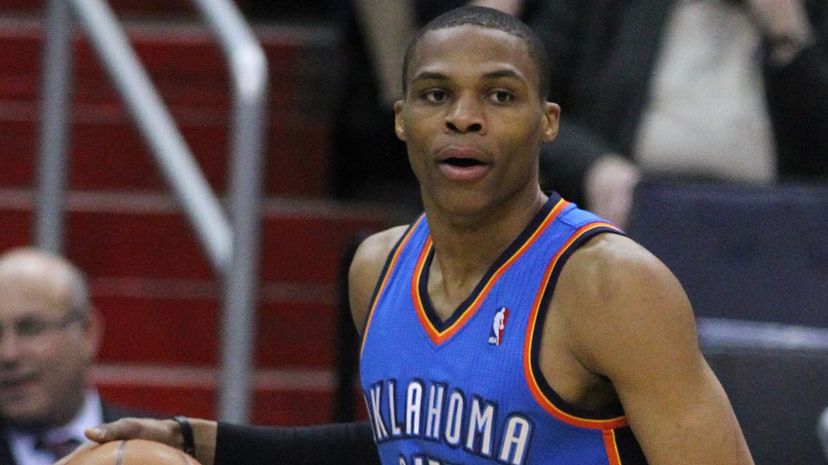
Russell Westbrook set an All-Star Game record, which has since been broken, for the most points in a half when he scored 27 points in only 11 minutes during the first half of the 2015 All-Star Game. He finished the game with a total of 41 points, leading his team to victory.
Advertisement
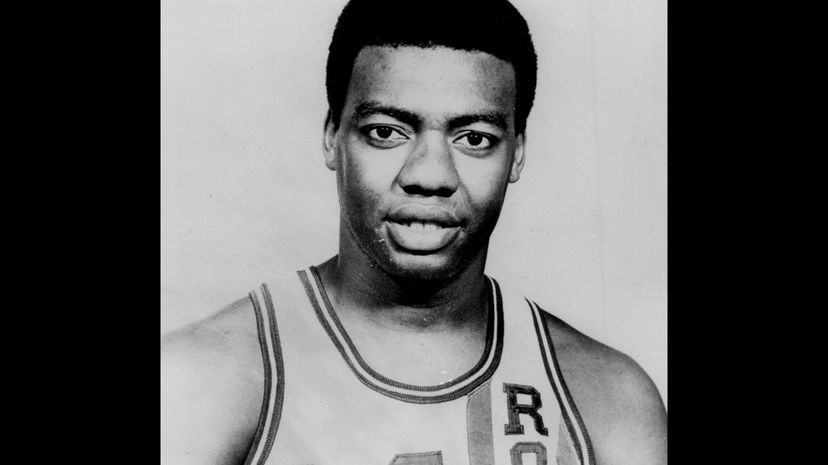
It's no wonder that Oscar Robertson was nearly able to put up a triple-double in the All-Star Game, considering he was the first player to ever average a triple-double for a season. He accomplished the feat in the 1961-62 season when he recorded 30.8 points, 11.4 assists and 12.5 rebounds.
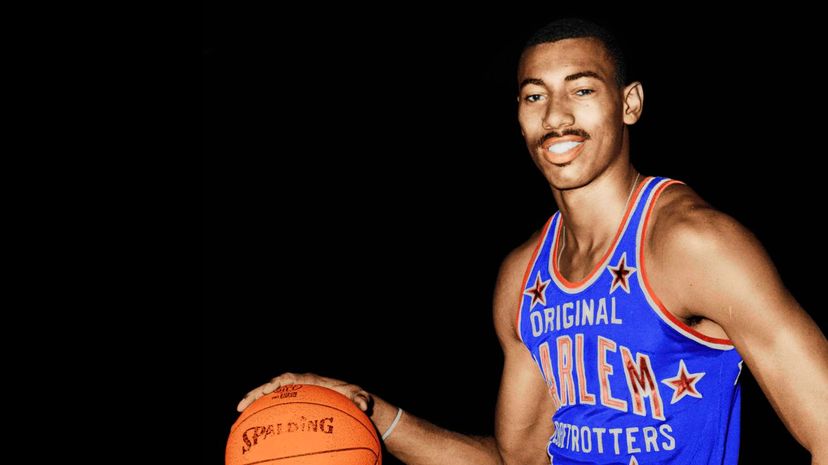
In only 30 minutes in the 1960 NBA All-Star Game, Wilt Chamberlain was able to pull in 25 rebounds, double the amount of anyone else on his team. He added 23 points to take home the All-Star Game MVP.
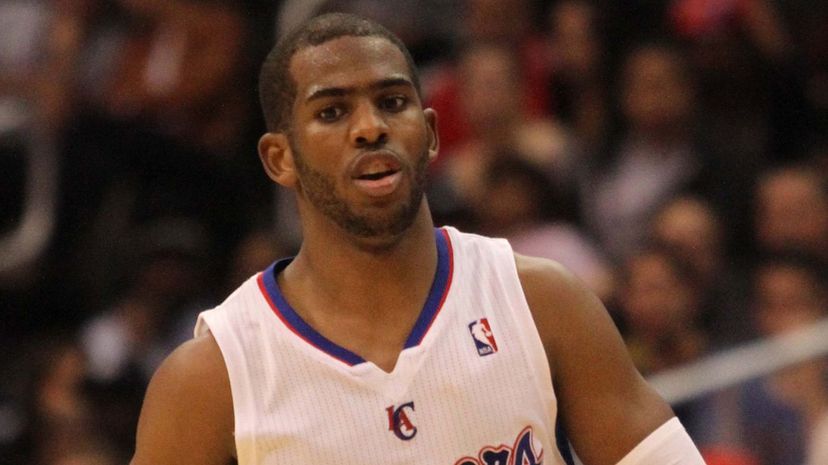
Chris Paul was all over the court in the 2013 NBA All-Star Game, not only scoring 20 points but also dishing out 15 assists. To add to his stat total, he grabbed four steals, proving he's willing to play defense even when it's not required.
Advertisement
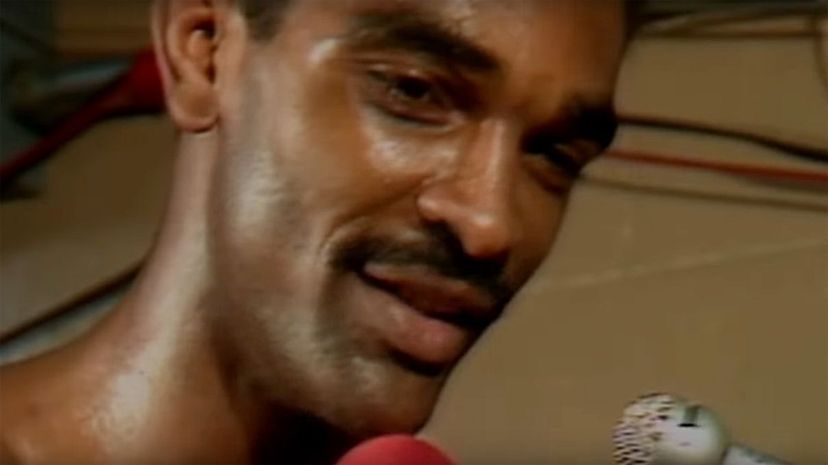
In the 1985 All-Star Game, Ralph Sampson led the West with 24 points and 10 rebounds. Moses Malone, who played for the East, was the only other player to pull down more boards, but Sampson finished with the most points for both teams.
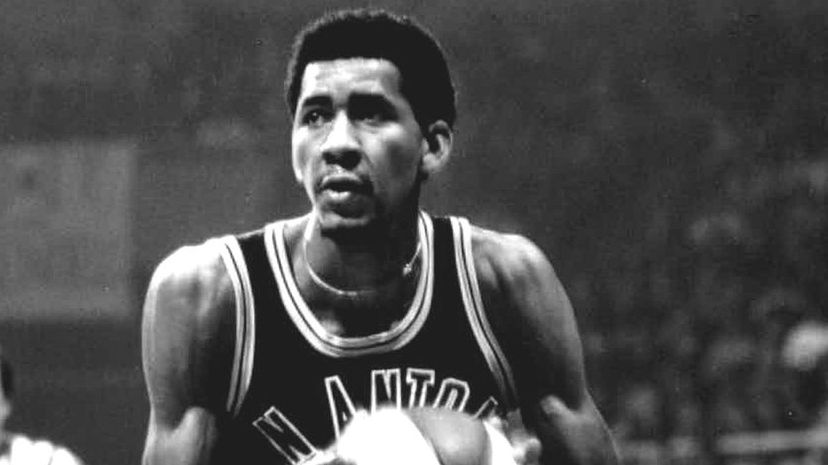
George Gervin played 40 minutes in the 1980 NBA All-Star Game, more than anyone else on the court. His time on the court paid off, as he recorded a game-high 34 points while also bringing in 10 rebounds to take home the MVP.
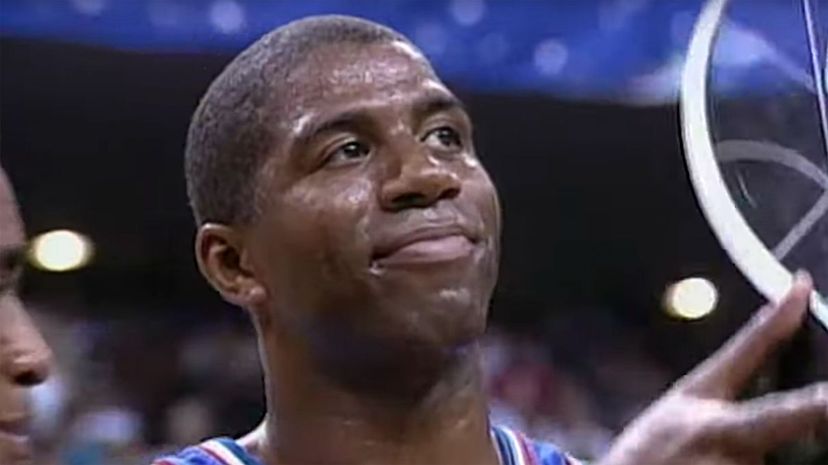
Magic Johnson holds the NBA All-Star Game record for most assists in a career and most assists in a single game. When he dished out 22 assists in 1984 to set the record, Johnson didn't earn the All-Star Game MVP. That wouldn't come until 1990.
Advertisement
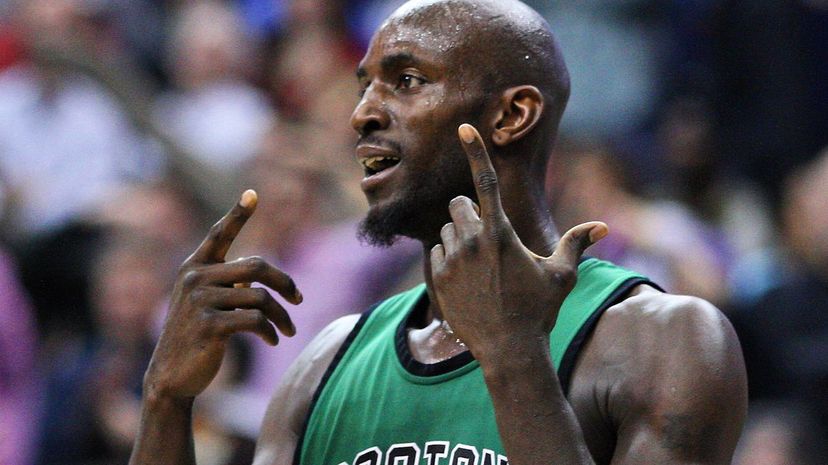
Kevin Garnett was known for his fierce defense throughout his NBA career, making 12 All-Defensive Teams before he retired. In the 2003 All-Star Game, however, Garnett let his offense do the talking by putting up 37 points to help the West win the game.
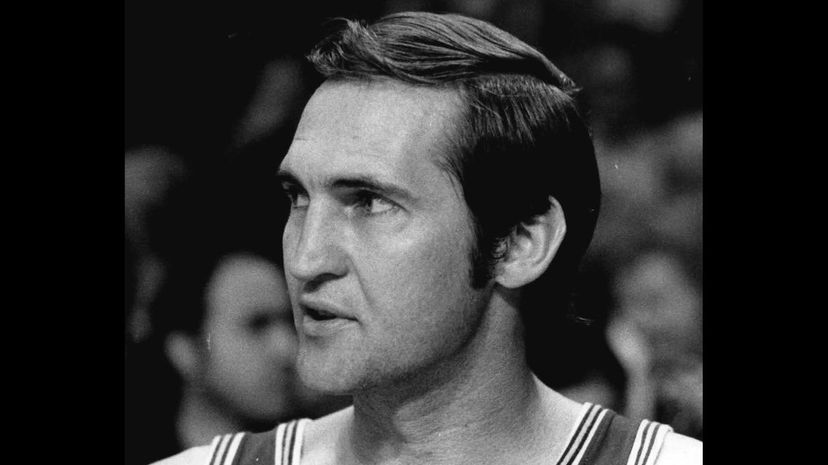
Aside from his All-Star Game MVP, Jerry West also won an NBA Finals MVP. Oddly, he won the award in 1969, despite playing for the losing team, becoming the only player to win a Finals MVP without winning the series.
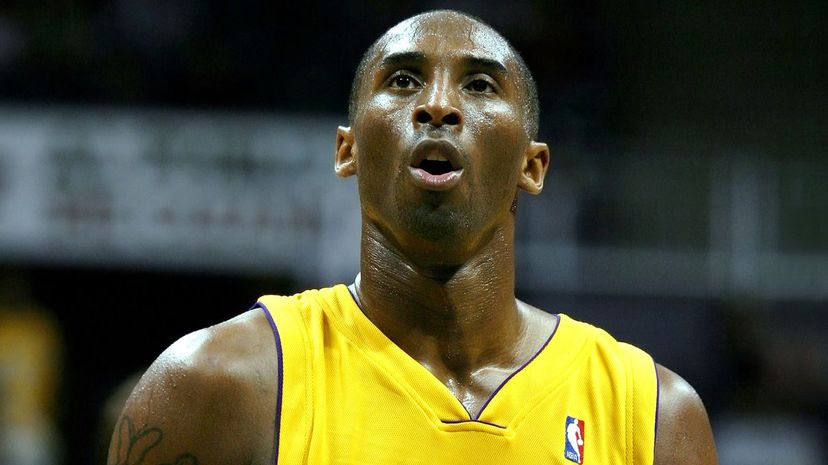
Kobe Bryant has been a star since his rookie season, and even though he didn't make the All-Star Game that year, he did win the Slam Dunk Contest. With the win, he became the youngest player ever to win the contest.
Advertisement
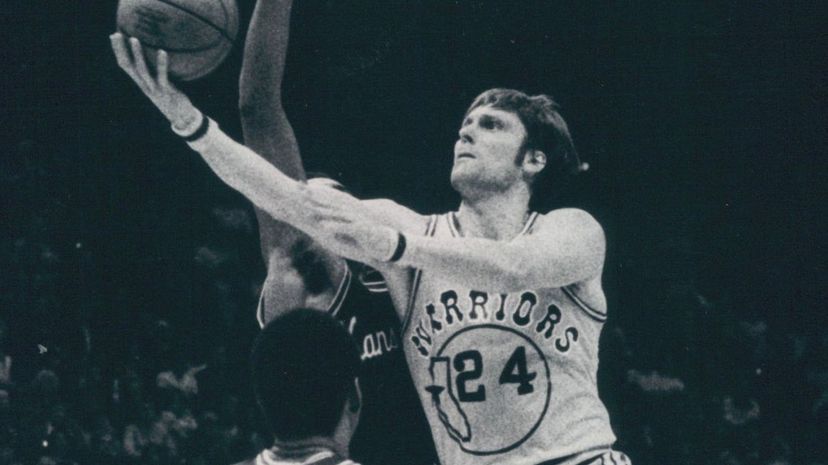
Rick Barry won the All-Star Game MVP in the final year of his first stint with the San Francisco Warriors, who would later rename themselves the Golden State Warriors. Barry rejoined the Warriors after they were renamed, where he continued to make All-Star appearances until 1978.
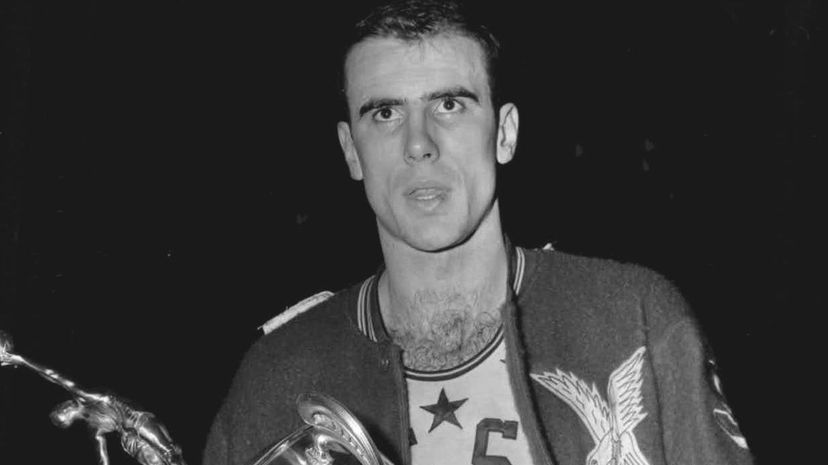
Bob Pettit grabbed an incredible 27 rebounds to win his fourth and final All-Star Game MVP in 1962. However, had his team not won the game, the award would have most likely gone to Wilt Chamberlain, who scored what at the time was an All-Star Game record 42 points.
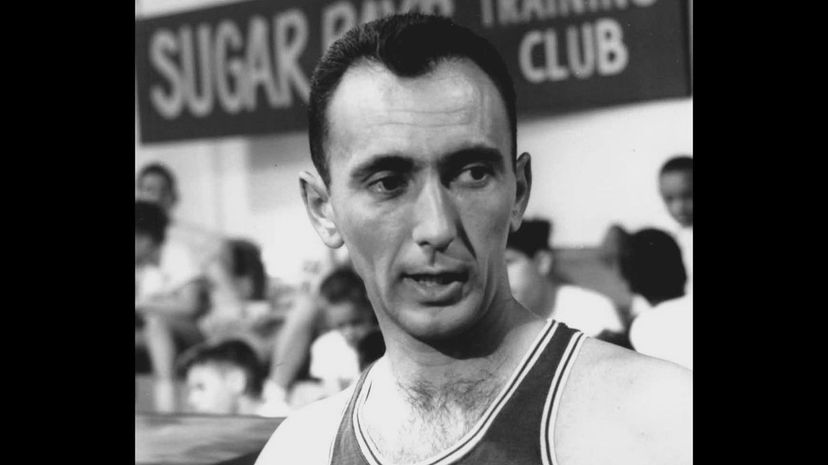
Bob Cousy won the All-Star Game MVP in a contest where neither team scored over 100 points, even with overtime play. It was the last time that neither the East or the West would reach the 100-point mark.
Advertisement
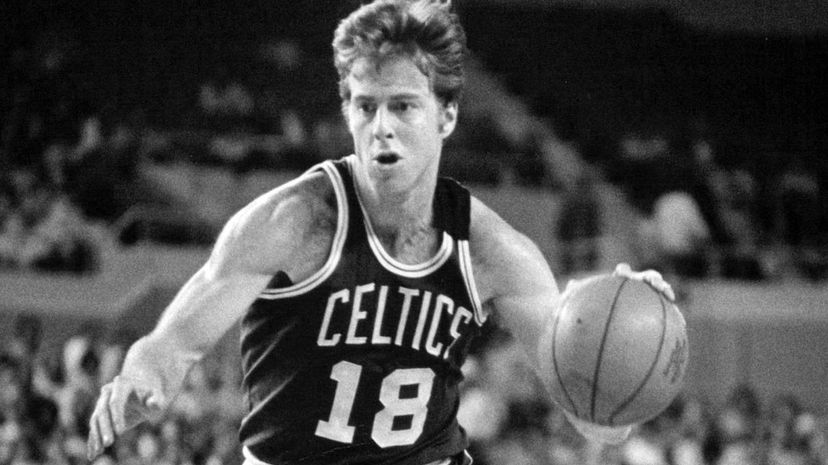
Dave Cowens and his teammate, John Havlicek, led the East to a blowout victory in the 1973 NBA All-Star Game. Cowens scored one more point than Havlicek, to finish with 15, while also earning the MVP for the game.
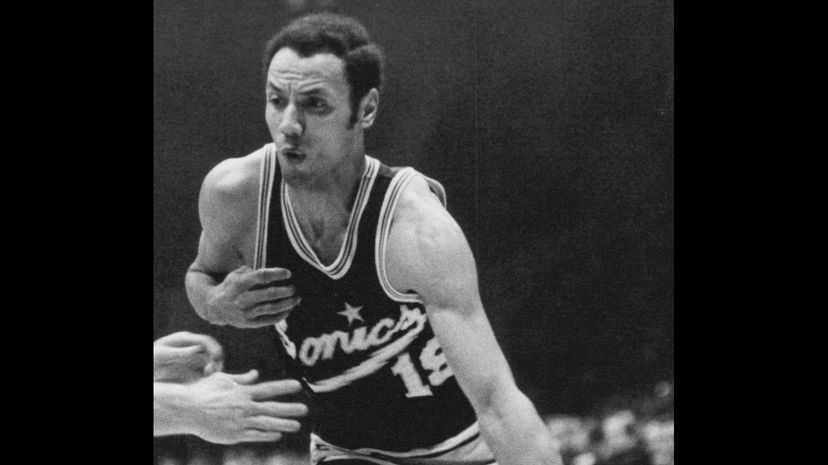
Lenny Wilkens was the first player for the Seattle SuperSonics to take home the All-Star Game MVP when he won the award in 1971. Tom Chambers was the only other player to win the award with the SuperSonics before the team moved to Oklahoma City.
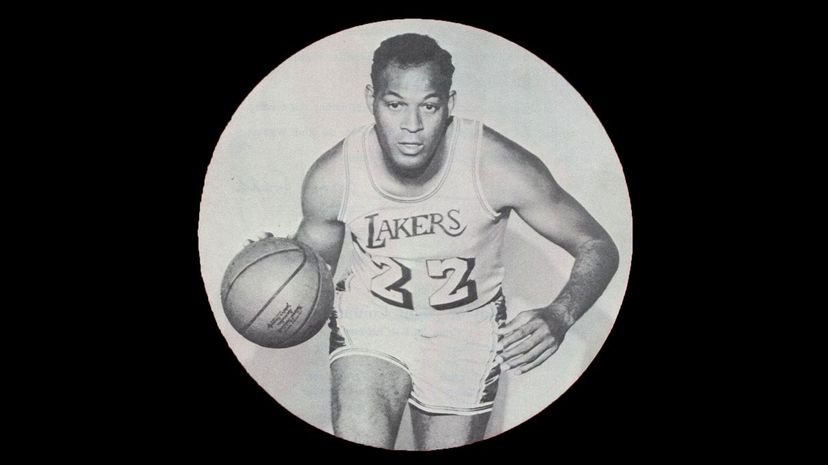
Elgin Baylor was in his rookie season when he was selected to his first All-Star Game in 1959. Though he had to share the award, he showed up to play, winning the MVP after putting up 24 points and 11 rebounds.
Advertisement
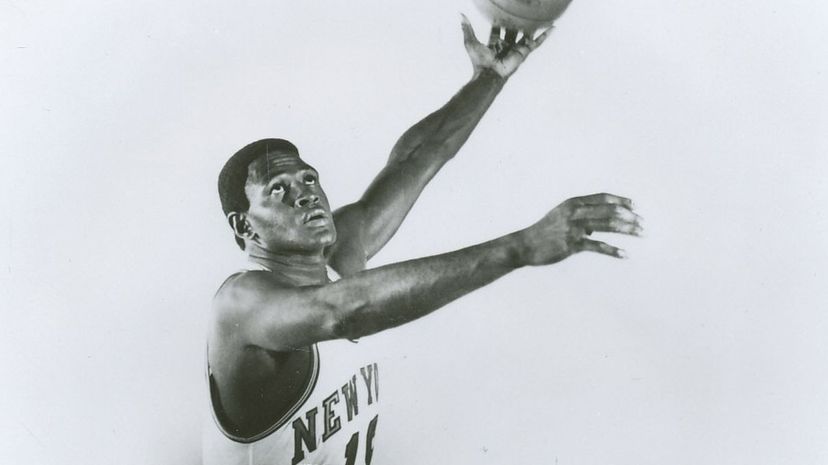
Willis Reed not only won the All-Star Game MVP in 1970 but also went on to win the NBA championship that year. He became the first player ever to be named the MVP in the All-Star Game, the regular season and the NBA Finals, all in the same playing season.
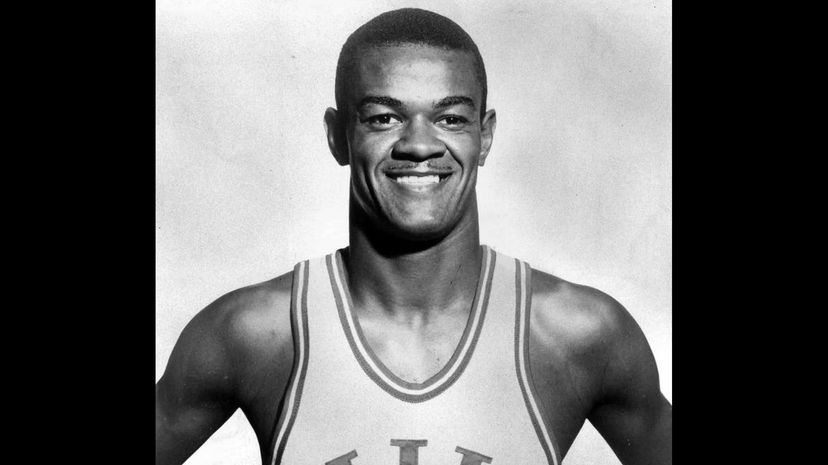
Hal Greer came off the bench in the 1968 All-Star Game at Madison Square Garden, but that didn't stop him from putting on a show. Providing a spark for the East, Greer hit all eight of his shot attempts to score 21 points and secure the victory for the East.
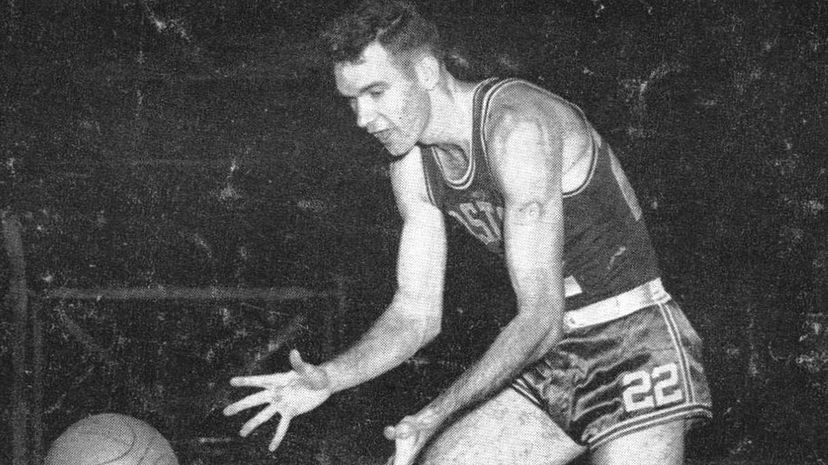
Ed Macauley entered professional basketball in 1949, and the 1951 All-Star Game was Ed Macauley's first of seven straight appearances. A starter for the East, Macauley put up a game-high 20 points, taking home the MVP for the game.
Advertisement
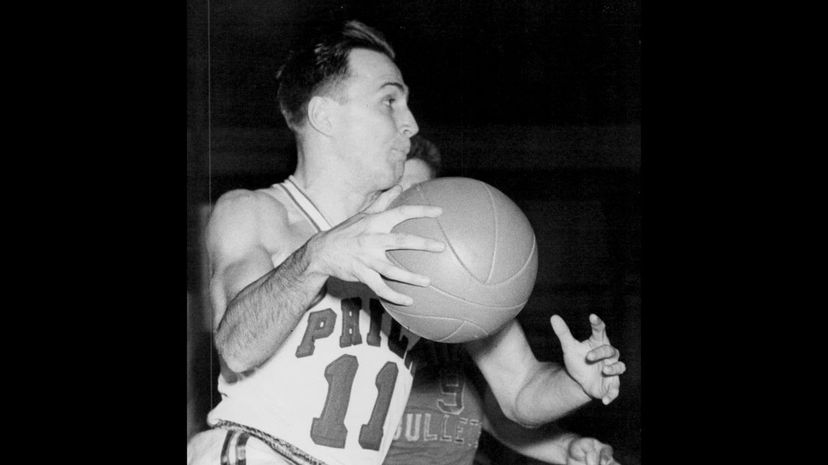
Paul Arizin appeared in his second of 10 All-Star Games when he won the award in 1952. That season, Arizin was also named to the All-NBA First Team after leading the league in scoring from the small forward position.